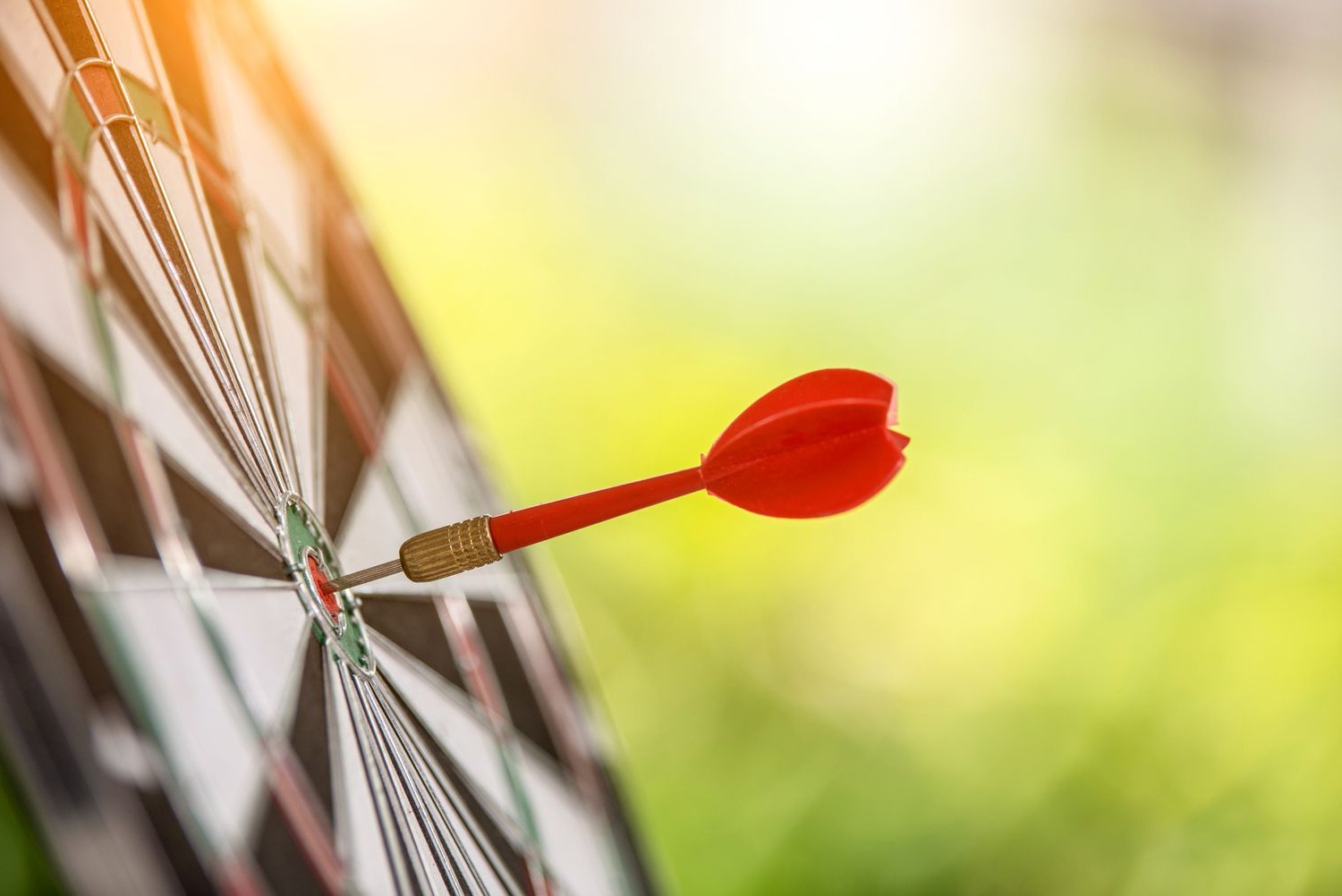
Precision is a word often tossed around, but what does it truly mean? In simple terms, precision refers to the exactness or accuracy of something. Imagine a dartboard: hitting the bullseye consistently shows precision. It's not just about being close; it's about being spot-on every time. Precision matters in many areas, from science experiments to cooking recipes. When baking a cake, precise measurements ensure it rises perfectly. In science, precision can mean the difference between a groundbreaking discovery and a failed experiment. Why is precision important? Because it ensures reliability and trust. Whether in technology, medicine, or everyday life, precision helps achieve consistent results. It's the secret ingredient that turns good into great, making sure everything works just as it should.
What is Precision?
Precision is a term often used in various fields, from science to everyday life. It refers to the exactness or accuracy of a measurement or process. Understanding precision can help improve everything from scientific experiments to cooking recipes. Let's explore some fascinating facts about precision.
-
Precision vs. Accuracy: Precision and accuracy are not the same. Precision refers to how close multiple measurements are to each other, while accuracy refers to how close a measurement is to the true value.
-
Scientific Experiments: In science, precision is crucial. It ensures that experiments can be replicated and results are reliable.
-
Cooking and Baking: Precision in cooking can mean the difference between a perfect dish and a culinary disaster. Measuring ingredients accurately is key.
-
Sports: Athletes rely on precision for success. Whether it's a golfer aiming for the hole or a basketball player shooting a free throw, precision is vital.
-
Manufacturing: Precision in manufacturing ensures that parts fit together perfectly, reducing waste and improving product quality.
Precision in Technology
Technology relies heavily on precision. From the smallest microchips to the largest machinery, precision is essential for functionality and efficiency.
-
Microchips: The creation of microchips requires extreme precision. Even the slightest error can render a chip useless.
-
3D Printing: Precision in 3D printing allows for the creation of complex and detailed objects, revolutionizing manufacturing.
-
GPS Systems: GPS technology relies on precise calculations to provide accurate location data.
-
Medical Devices: Precision in medical devices ensures they function correctly, which can be life-saving.
-
Robotics: Robots require precise programming to perform tasks accurately and efficiently.
Precision in Nature
Nature also demonstrates precision in various ways. From the intricate patterns of a snowflake to the migration patterns of birds, precision is evident.
-
Snowflakes: Each snowflake is unique, yet they all form with precise hexagonal patterns.
-
Bird Migration: Birds migrate with precision, often traveling thousands of miles to the same location each year.
-
Honeycombs: Bees create honeycombs with precise hexagonal cells, maximizing space and efficiency.
-
Spider Webs: Spiders weave webs with precision, creating strong and effective traps for prey.
-
Flower Petals: Many flowers have petals arranged in precise patterns, often following the Fibonacci sequence.
Precision in Mathematics
Mathematics is the language of precision. It provides the tools to measure, calculate, and understand the world with exactness.
-
Pi (?): Pi is a mathematical constant representing the ratio of a circle's circumference to its diameter, calculated with precision to trillions of digits.
-
Golden Ratio: The golden ratio is a precise mathematical ratio often found in nature and art, symbolizing harmony and balance.
-
Calculus: Calculus allows for precise calculations of change and motion, essential in fields like physics and engineering.
-
Geometry: Geometry uses precision to study shapes, sizes, and the properties of space.
-
Statistics: Precision in statistics ensures accurate data analysis and interpretation.
Precision in Art and Design
Art and design also benefit from precision. Whether creating a masterpiece or designing a building, precision plays a crucial role.
-
Architecture: Precision in architecture ensures buildings are safe, functional, and aesthetically pleasing.
-
Painting: Artists use precision to create detailed and realistic paintings, capturing the essence of their subjects.
-
Sculpture: Sculptors rely on precision to shape materials into lifelike forms.
-
Graphic Design: Precision in graphic design ensures that visuals are clear, balanced, and impactful.
-
Fashion Design: Precision in fashion design ensures garments fit well and look stunning.
Precision in Everyday Life
Precision isn't just for professionals; it plays a role in everyday life too. From setting an alarm clock to following a recipe, precision makes life smoother.
-
Time Management: Precision in time management helps people stay organized and productive.
-
Budgeting: Precision in budgeting ensures financial stability and helps avoid overspending.
Precision: The Art of Accuracy
Precision is all about accuracy and consistency. Whether you're measuring ingredients for a recipe or calibrating scientific equipment, getting it right matters. It’s not just about being close; it’s about hitting the mark every time. This concept is crucial in fields like engineering, medicine, and sports, where even the smallest error can lead to significant consequences. Precision ensures reliability and trust in results, making it a cornerstone of innovation and progress.
In daily life, precision helps in making informed decisions, from financial planning to time management. It encourages attention to detail and meticulousness, qualities that can enhance personal and professional growth. Embracing precision means striving for excellence and understanding the value of accuracy in every task. So, next time you aim for something, remember that precision is not just about being correct; it’s about being consistently correct.
Was this page helpful?
Our commitment to delivering trustworthy and engaging content is at the heart of what we do. Each fact on our site is contributed by real users like you, bringing a wealth of diverse insights and information. To ensure the highest standards of accuracy and reliability, our dedicated editors meticulously review each submission. This process guarantees that the facts we share are not only fascinating but also credible. Trust in our commitment to quality and authenticity as you explore and learn with us.


